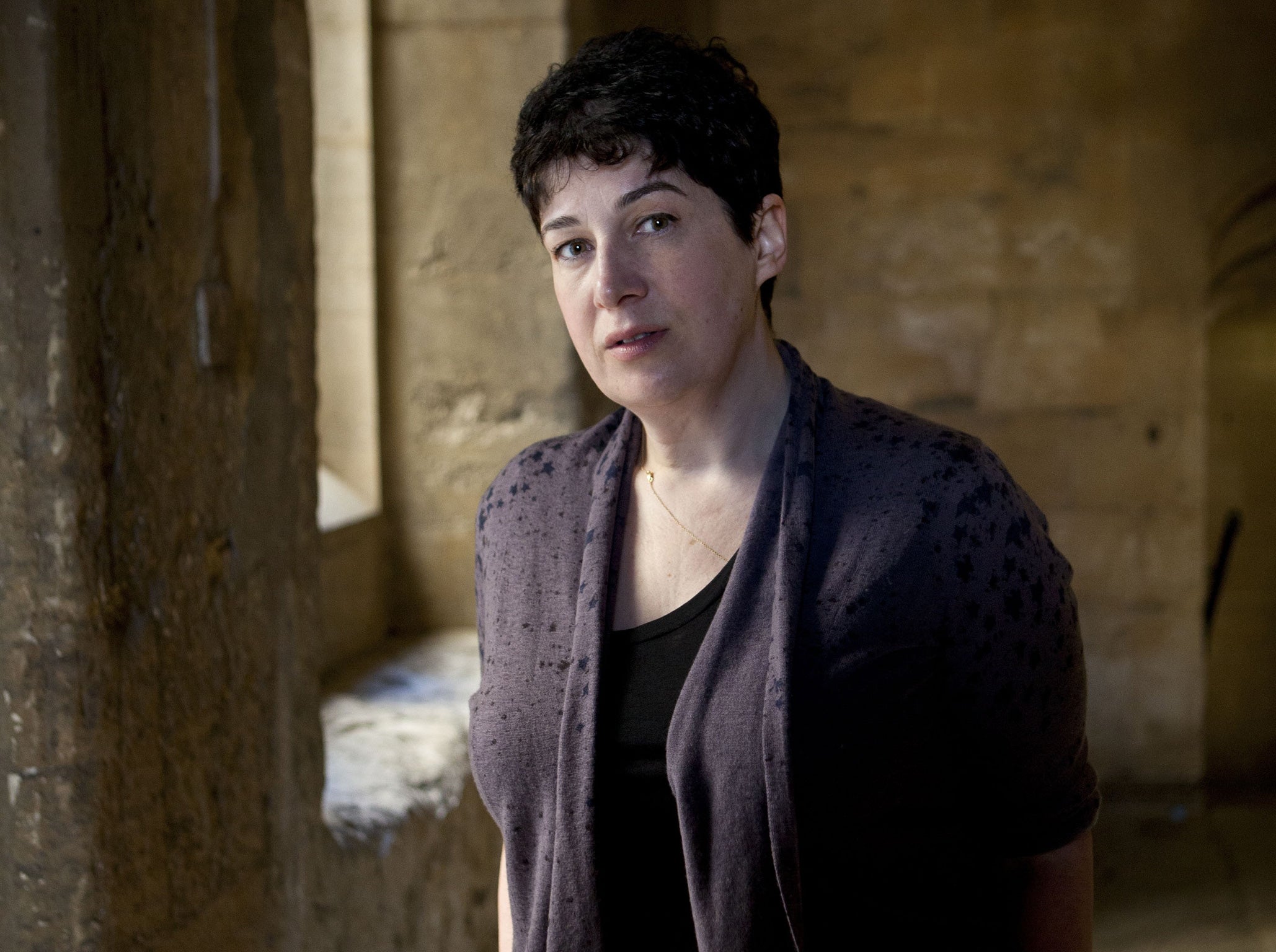IoS book review: A Cat, A Hat and a Piece of String, By Joanne Harris
Despite an embrace of the supernatural, there is something reassuringly predictable about these fictional worlds

For all her flirtation with the dark side and her interest in Gothic fantasy, Joanne Harris creates essentially kind worlds in her fiction, where the light and the good will forever win out. That brave little girl, hamstrung by poverty and her gender, isn't going to drown in the rapids; those powerless elderly ladies bullied by a younger generation aren't going to go gently into that good night. There's comfort to be had in these kinds of worlds; comfort, reassurance and a sense of the rightful order being restored.
It's not surprising that so many of her novels have food in the title. Chocolat, Five Quarters of the Orange, Blackberry Wine, The Lollipop Shoes, Peaches for Monsieur le Curé – no matter how unpleasant the subject (the German occupation of France, for example) or how troubled the leads (a lonely single mother), there is still comfort to be had from home and hearth, where the domestic soothes away the world's ills with something tasty.
There is also a healthy tension in her books between the domestic and the supernatural: in one story in this new collection, "Dee Eye Why", a newly divorced man, Michael Harman, buys a dilapidated mansion to which he retires to lick his wounds. He is soon absorbed in the renovations to the exclusion of all else, and becomes obsessed by the family who once lived there. A house that looks, to others on the outside, terrifying, cold and empty to the outside becomes, for him, a place of harmony and comfort, full of welcoming ghosts who are happy to have their home restored. The supernatural here is not a terrifying threat to Michael, but an embrace.
The "otherworldly" aspects of the internet also fascinate Harris. "Would you like to reconnect", about a mother who loses her son when he crashes on the bike she bought for his birthday, and who cannot let go of his Facebook and Twitter profiles, conjures a supernatural element out of the strange ether that is the worldwide web. In "Ghosts in the Machine", a lonely young woman and the DJ she listens to are connected via the internet, where you can create any identity you like and fantasise happily about the person you're communicating with. And "The Game" pulls in unwary teens with its phantom electronic scores and promises of an elusive greatness.
What, I think, appeals to Harris most about the supernatural or otherworldly are the possibilities of the imagination; where it can take you, and how far it can lead you from home. Not too far from home, mind – imagination can be dangerous: "There's No Such Place as Bedford Falls" shows what happens when a man longs for Christmas every day and allows his imagination to take over. In "Dryad", a woman in an unhappy marriage fixates on a beech tree in her garden and falls in love with it.
In both cases, the domestic has proved either too much, or not enough; both characters have had to look beyond. But not too far. For they stay essentially within their boundaries, as does the lead character in "Muse", a writer who finds inspiration in the unlikeliest of places: an old railway cafe that serves thick tea and heart-stopping bacon butties.
When Harris does go beyond her own boundaries, she does so in fantasy: in the linked stories "Rainy Days and Mondays" and "Wildfire in Manhattan", she anthropomorphises the wind, the rain and the sun to create beings in conflict, even fighting to the death.
But one cannot help but wonder that the thought of that final crossing over to the other side doesn't darken her tales of Faith and Hope, two redoubtable old ladies living in the Meadowbank Retirement Home. In "Faith and Hope Get Even", the two women try to outwit an unpleasant young member of staff, they linger for some comfort over travel brochures. "I don't suppose we'll ever really go to these places; but we do dream. Oh yes, we do dream," says Faith. But she is not being honest with herself – she will never go to these places, not now. The only place she is going to is to the grave, however much she dreams.
Dreams, though, are important, as Harris knows. Whether they're dreams of a happy home or a beautiful beach, they keep us going. Harris prefaces every story with a word or two directed at her readers: this, too, is a comforting, reassuring gesture. Her imagination, she is telling us, is never going to disturb or disrupt us; we can travel safely to and from her worlds. For those of us who need a little more bite, Harris will never be wholly satisfying. But for those who think the world has enough bite as it is, she is the perfect dish.
Join our commenting forum
Join thought-provoking conversations, follow other Independent readers and see their replies
Comments
Bookmark popover
Removed from bookmarks